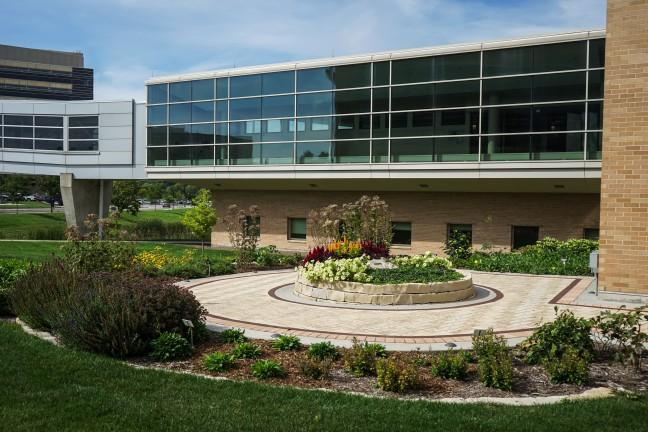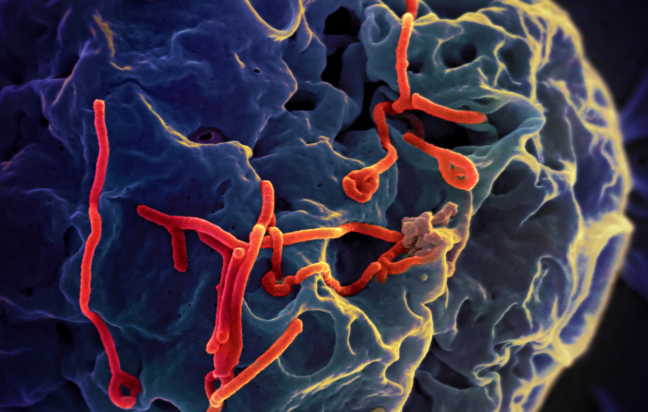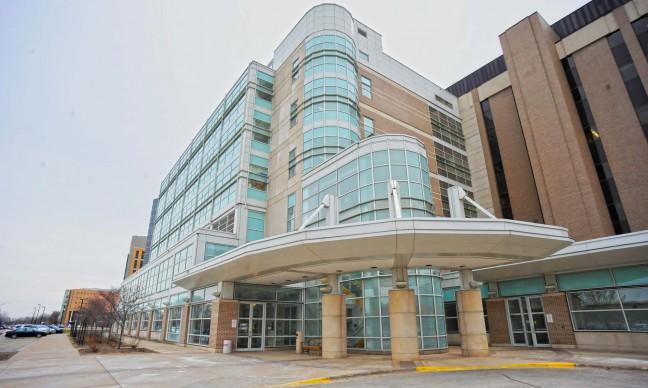University of Wisconsin researchers are one step closer to the ability to treat individuals with genetic disorders using their own reprogrammed cells – a finding that carries potential applications in gene therapy treatments for diabetes, cystic fibrosis and other illnesses.
Morgridge Institute for Research scientist Sara Howden said the study, published Monday in a National Academy of Sciences journal, found human stem cells can be reprogrammed to correct genetic defects and produce new generations of cells that also carry the correction.
Howden, the primary author of the study, also said the demonstration that the process of correcting the gene mutations did not adversely affect the cells could provide a major contribution to the larger goal of transplanting altered cells back into the patient.
She said the findings mark the culmination of nearly six months of research with cells that can become any other mature body cell – called pluripotent stem cells – from patients with retinol diseases.
In the experiment, researchers fixed the disease mutation at the gene level and were able to create new generations with the corrected gene that did not harm the altered cells, Howden said.
Because the corrected cells came from a patient’s own cells, Howden said, a rejection is less likely.
“We were pleasantly surprised to learn the process of correcting and prolonged culturing did not increase the genetic burden,” Howden said. “These findings are applicable to a wide variety of inherited diseases … anywhere the genetic defect is known.”
She also said researchers would like to begin testing the findings’ therapeutic potential using rodent subjects.
A statement from UW said although certain genetic disorders such as Huntington’s and retinol disorders are appealing subjects of pluripotent stem cell research, some researchers have voiced concerns that common mutations occurring in the cell have the potential to become cancerous.
Researchers are still studying the small differences between embryonic and pluripotent stem cells, while pluripotent cells may be more effective in combating rejection by the host, the statement said.
The statement also said the researchers employed the episomal reprogramming technique to generate the induced cells, which does not insert the altered DNA into the host’s genetic makeup. This method differs from the use of retroviruses, a technique used to directly insert a gene into the host’s genetic material.
Howden said the cells used in the study are from a cell bank that is publicly available to researchers.
Jennifer Sereno, Wisconsin Alumni Research Foundation spokesperson, said the publication of the team’s work is an important step forward for scientists in many areas of genetics research.
“The work is tremendously exciting for Morgridge as a whole,” she said. “It speaks well to the collaborative environment scientists have worked so hard to establish.”
Researchers from UW, the Morgridge Institute for Research, the University of California and WiCell Research Institute participated in the research, the statement said. James Thomson, the 2011 recipient of the King Faisal International Prize in Medicine, was also a co-author of the study.

















